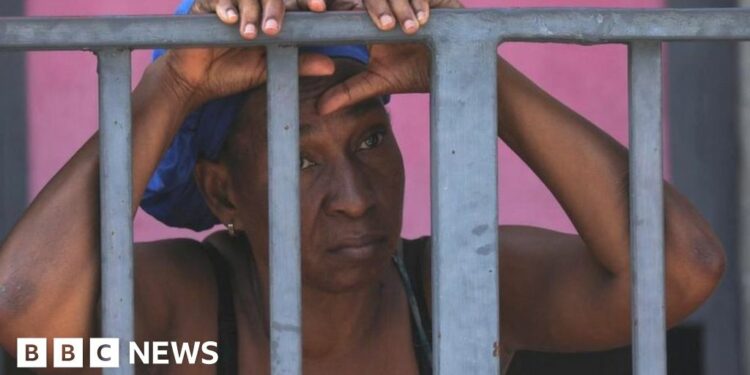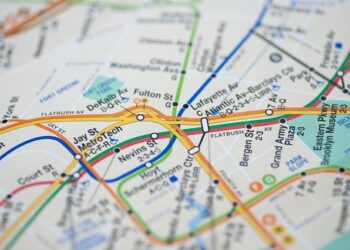As the passengers from Port-au-Prince disembark at the bus terminal in Cap-Haitien, the harrowing journey is evident on their faces.
The trip out of the beleaguered Haitian capital city involves running the gauntlet along risky and dangerous roads, trying to avoid gunmen and sporadic violence along the way.
“It took us several hours longer than it should as we had to reroute from the gang checkpoints along the way and there was gunfire”, says one passenger, who didn’t give his name and was clearly shaken by the experience.
Haiti’s already precarious situation has quickly deteriorated over the past weeks as gangs launched co-ordinated attacks on key facilities, forcing the resignation of the country’s prime minister.
In total, more than 360,000 people have been internally displaced.
To seek refuge from the chaos, many have come to Cap-Haitien, a coastal city in the north of Haiti.
In truth, Cap-Haitien suffers from almost all of Haiti’s deepest problems: grinding poverty, chaos, disorder and corruption. But crucially, not gang violence.
As such, it’s fast becoming the country’s main safe haven for people forced to leave their homes.
Phanel Pierre made the same treacherous bus journey six months ago.
It’s almost impossible to pull yourself from poverty in Haiti. Somehow, through years of hard graft creating an import business for construction materials, Phanel managed it.
But becoming a middle-class businessman also made him a target for the gangs. They destroyed his business, ransacked his house and tried to kidnap him. In doing so, they plunged him and his family back into poverty.
Source link : http://www.bing.com/news/apiclick.aspx?ref=FexRss&aid=&tid=66b60a7807774653ad6bd15c8d67b4dd&url=https%3A%2F%2Fwww.bbc.co.uk%2Fnews%2Fworld-latin-america-68591539&c=13026663504068865830&mkt=en-us
Author :
Publish date : 2024-08-02 11:50:00
Copyright for syndicated content belongs to the linked Source.












